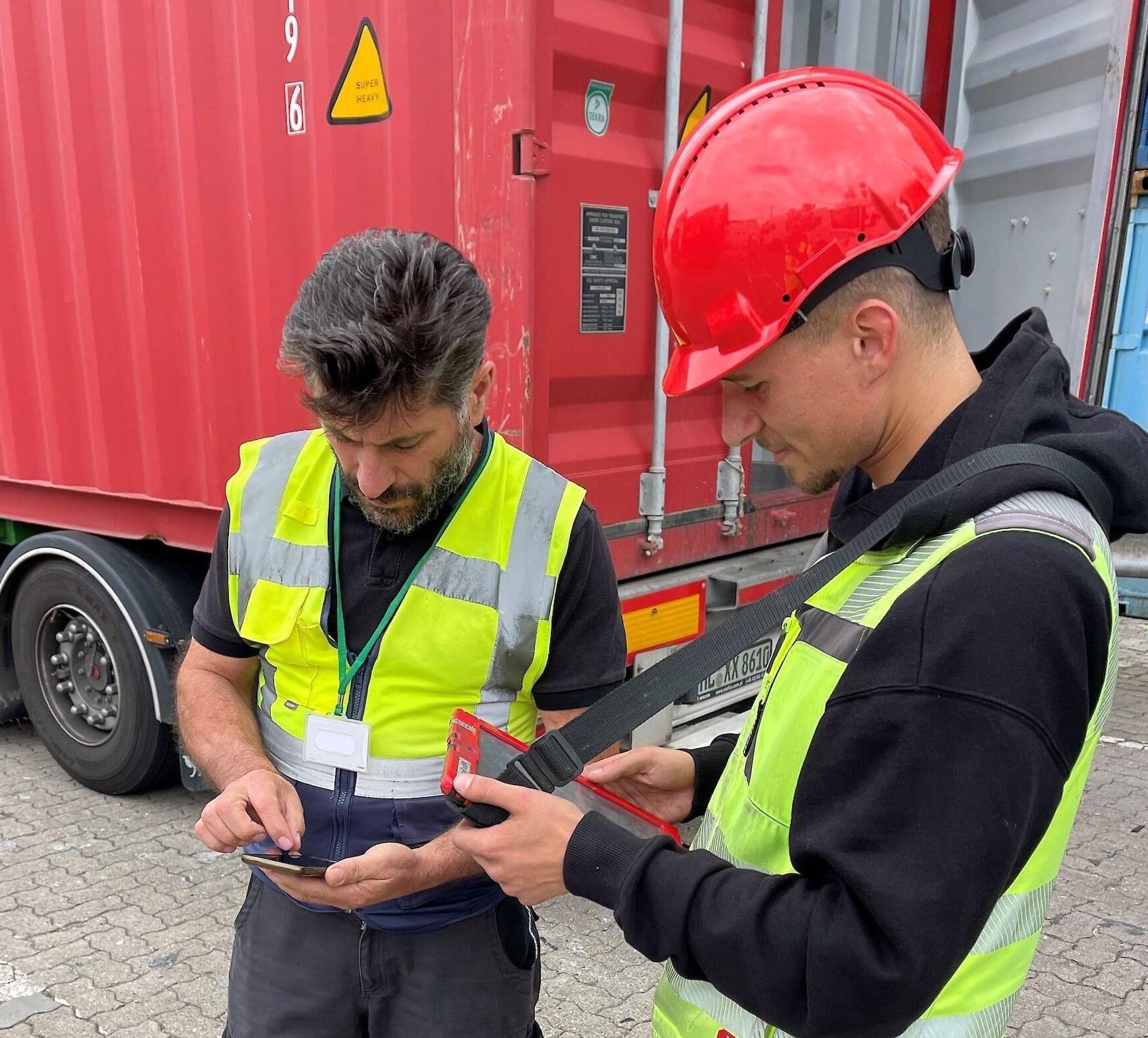
The Hamburg-based software provider DAKOSY has developed a new universal authentication app for logistics called ImpalaID. The system is e

Source: MAERSK With more and more ways to buy, customers have high expectations when it comes to their retail experiences. In 2022 St

Source: MAERSK Intermodal transportation is a popular term in logistics these days, having come full circle from the days of its first use
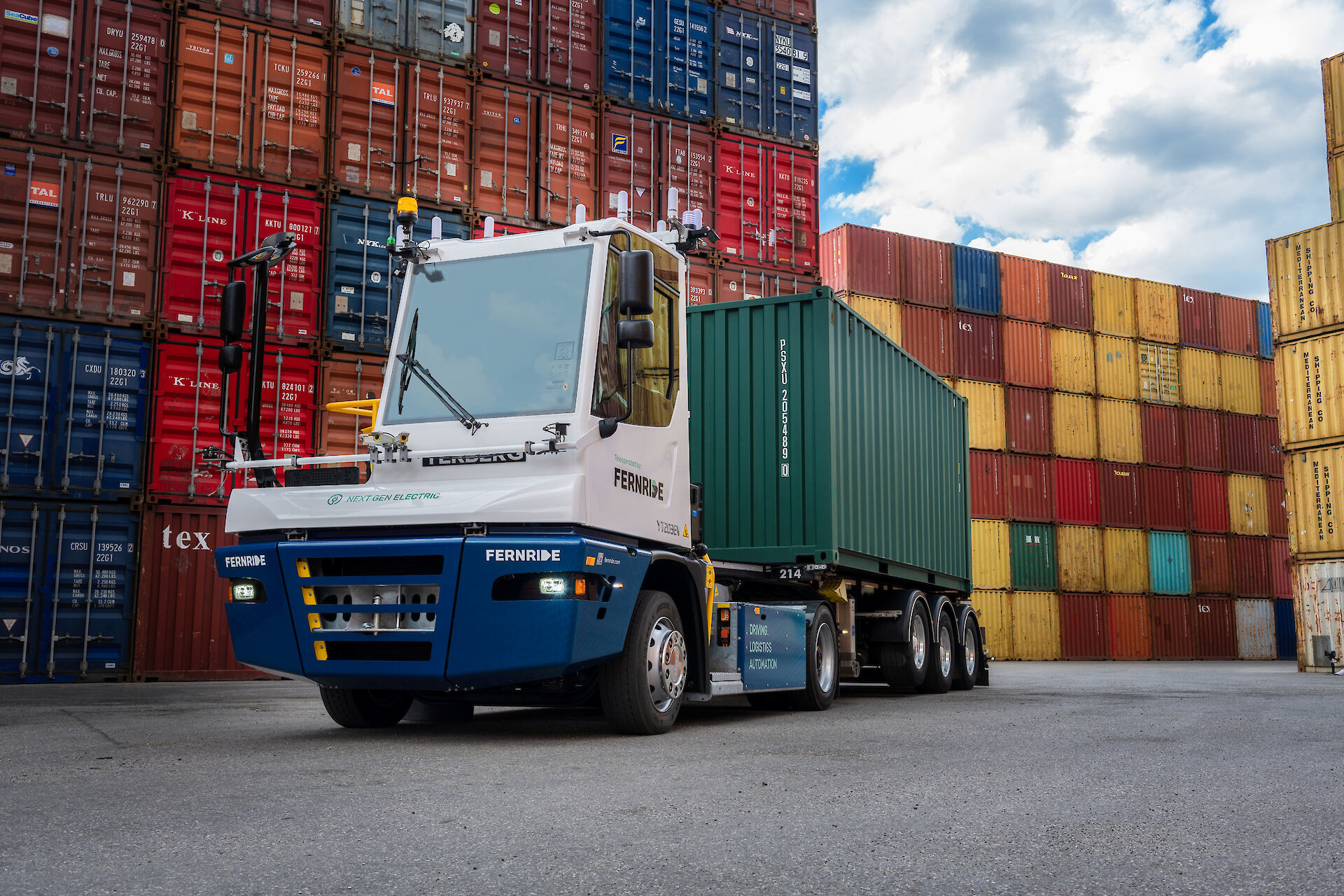
Source: Port of Hamburg A pilot project for highly automated and electric container logistics is being launched at the HHLA TK Estonia ter
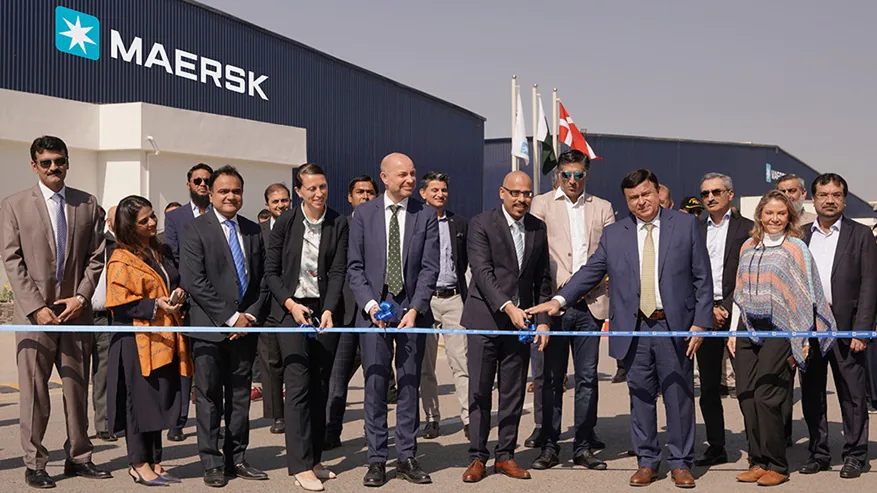
With its six purpose-built sheds, the new facility makes Maersk the country’s largest logistics and warehousing provider, with a total f
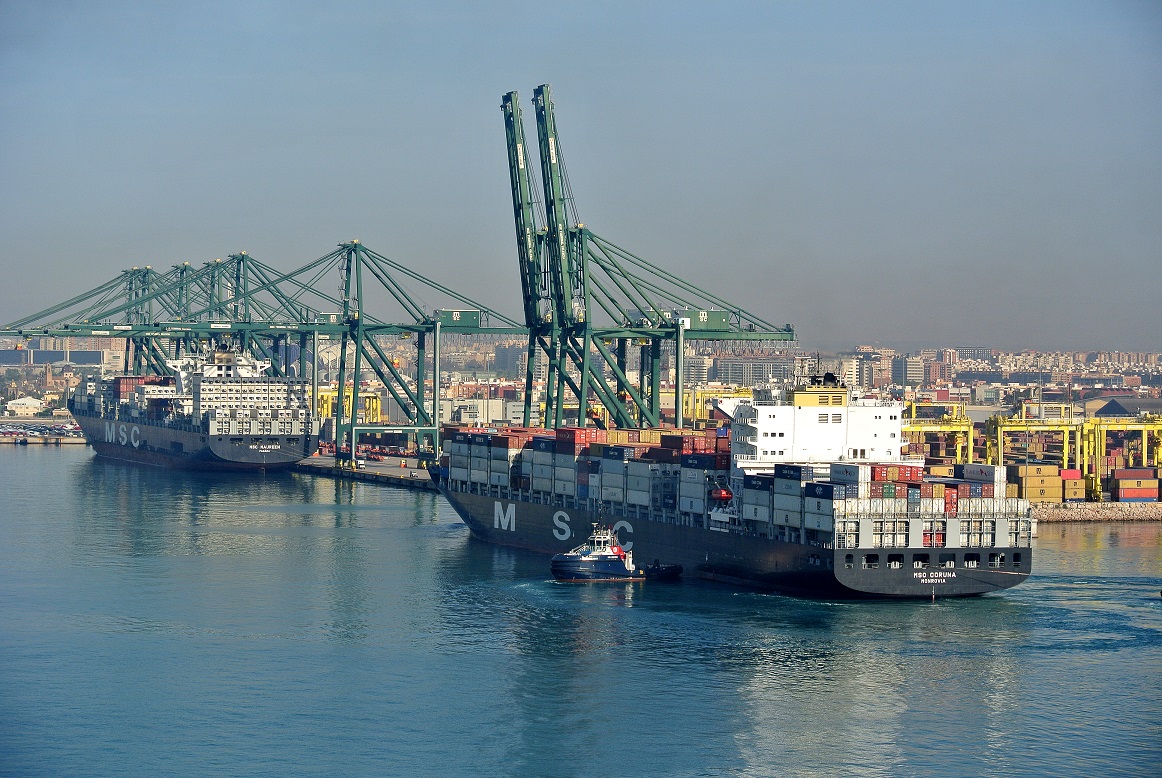
In the first 10 months of the year, 4,336,957 TEUs (standard container of 6.1 metres in length) have passed through Valenciaport’s t
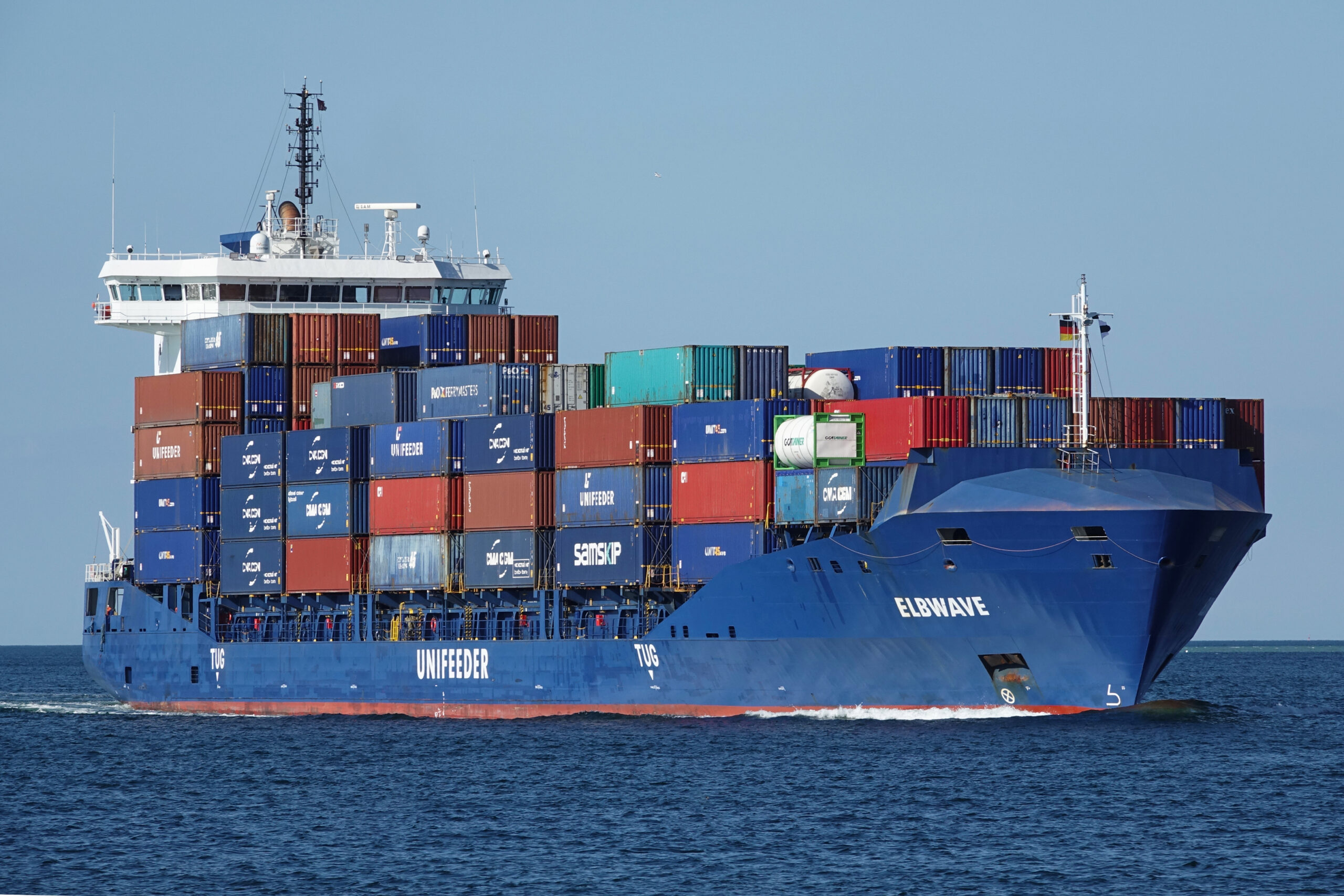
Source: Port of Hamburg As of November 1, 2022, feeder ships can be strategically used for container transfers between the major terminals
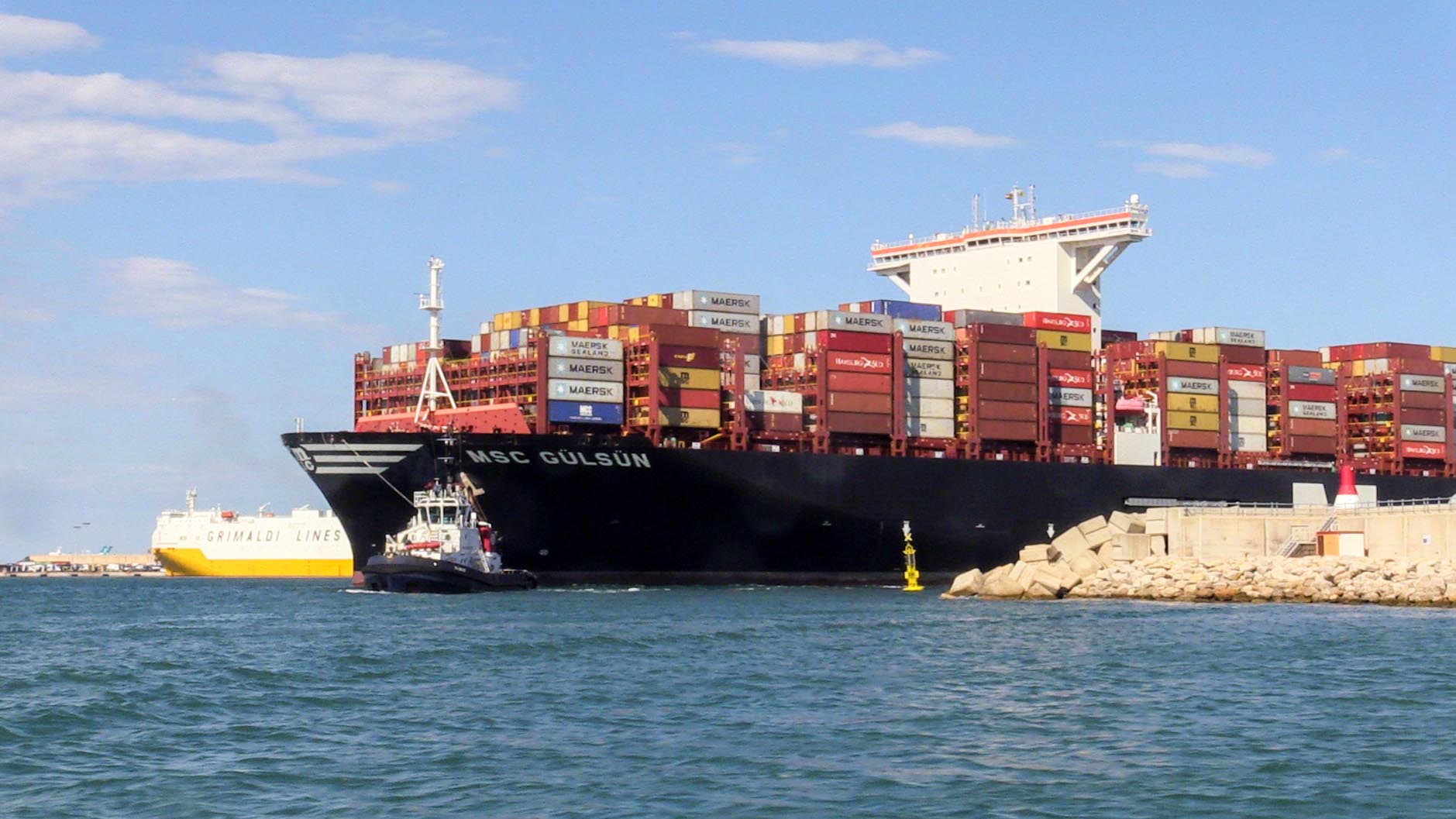
Export freight rates from Valencia fell in one month in all the areas analysed, except for East Africa The decrease in the Western Mediter
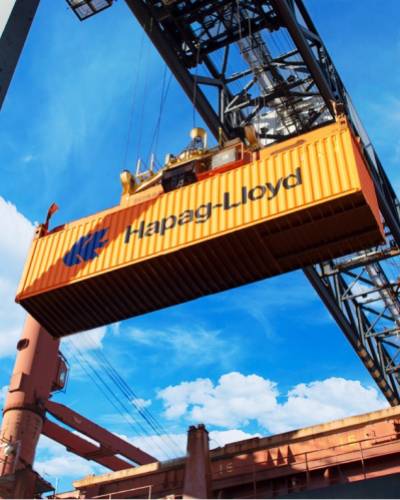
Source: Hapag-Lloyd Acquires stake in 10 terminals in six countries Presence in Latin America and terminal business further strengthened N
Source: FIATA FIATA International Federation of Freight Forwarders Associations, together with the six other CIG Group members today sha